How to guard against hair loss: What you can do to keep your hair from thinning or delay its onset
Prevention is better than cure: Why you shouldn’t wait until it is too late to react to hair loss.
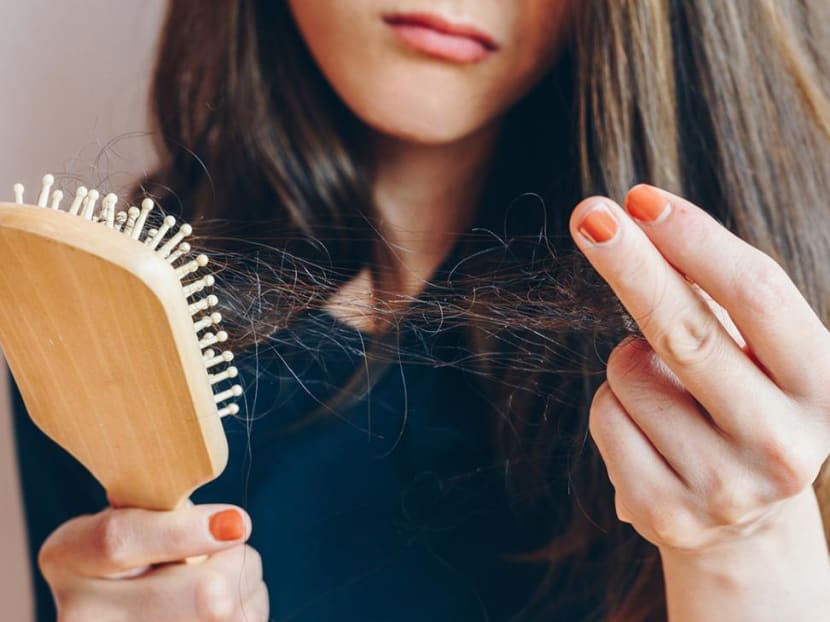
(Photo: iStock)
Many of us devote time and effort to skincare, in the hope of keeping age marks from appearing prematurely on our face. In comparison, few are as concerned or active about caring for their hair, and typically only act on the emergence of clear signs of damage or, worse still, thinning hair.
Bear in mind that while damaged hair can (to a certain extent) be repaired or grown out, hair loss can be difficult to reverse or even permanent, in some instances. Doesn’t it make sense, then, to pay a little more attention right now to our hair, which, like your skin, is also subject to the effects of ageing?
Starting early is key, because waiting until it’s too late is never a good way to go – it’s all the same, no matter if it concerns our hair, health, teeth or skin. According to Calvy Ling, a trichologist at Nuffield Wellness, it’s never too early to begin as hair loss can occur at any age past puberty, particularly between 20 and 45 years old. “My youngest-ever client was 17 years old, whose hair loss was due to exam stress.” she said.
Before delving into how to go about guarding against hair loss, it’s important to understand why it happens. Stress, as Ling mentioned, is one of the chief causes, along with numerous other reasons, which she shares here.
HOW TO TELL IF YOU ALREADY HAVE A HAIR LOSS PROBLEM
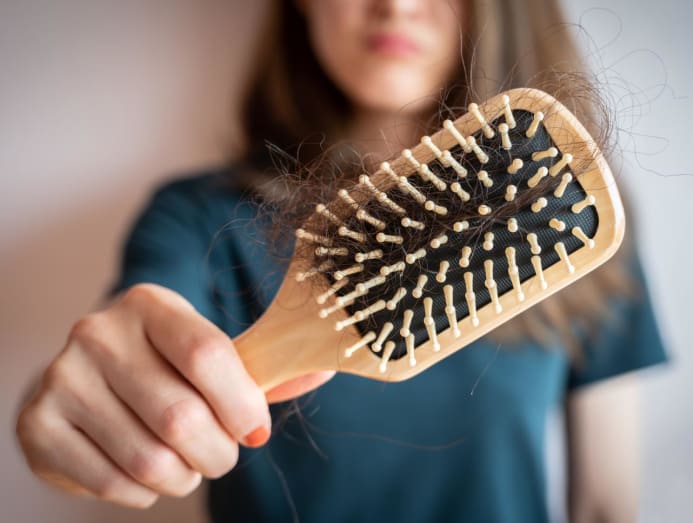
It’s normal to lose some hair on a daily basis – it’s part of the natural hair growth cycle. Healthy hair growth goes through four phases, in which it grows actively in the first (anagen phase), and then transitions (catagen phase) into resting mode (telogen phase), finally shedding before regrowth happens (exogen phase).
A normal count of hairs lost per day is around 50 to 100 strands.
Not all the hair on your scalp will be going through the same phase at the same time, however, which explains why some hair fall is to be expected every day. The hairs that are shed should be those that are in the exogen phase, and a normal count of hairs lost per day is around 50 to 100 strands.
No one really sits down to count every single hair that is lost, of course, but if you’re noticing a significant increase in the amount you’re shedding per day, it could be a sign of a problem.
Ling also pointed out that it’s important to check if the hairs that are lost are in the anagen, catagen or telogen phase. “Every time you shampoo your hair, pay attention to the hairs that are shed. If these are short and fine, they are likely to be young baby hairs – this signals that your roots are weak, which explains why your hair shed easily,” she said.
THE ROOT CAUSES OF HAIR LOSS
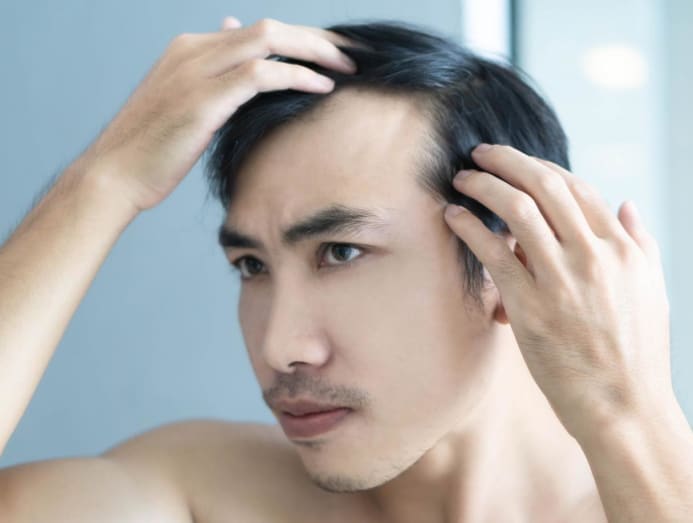
There are a number of other reasons behind excessive hair loss, and one of them is emotional stress, as Ling previously mentioned. “As the body adopts a fight-or-flight behaviour to deal with danger, it draws nutrition away from non-essential parts like hair and nails. Research by Harvard University in 2021 showed that increased presence of corticosterone, a stress hormone, can also inhibit hair growth,” she explained.
Hormonal fluctuations – in instances such as pregnancy, menopause or even the presence of a thyroid disorder – can also bring about excessive hair loss. Other triggers include illness, dietary deficiencies and also certain haircare habits, such as using the wrong hair products or tying up the hair too tightly over long periods of time.
Ageing happens to our scalp, just like how it affects our skin. “As we get older, our hair follicles become smaller. Hence the strands of hair that grow out get thinner (and weaker, which means) it sheds more easily. Unfortunately, some new strands may never manage to grow back,” Ling said.
Finally, genetic factors also determine if hair loss occurs and its extent, too, especially in one’s later years – they cause male-pattern or female-pattern baldness, which are hereditary conditions.
CAN HAIR LOSS BE PREVENTED?
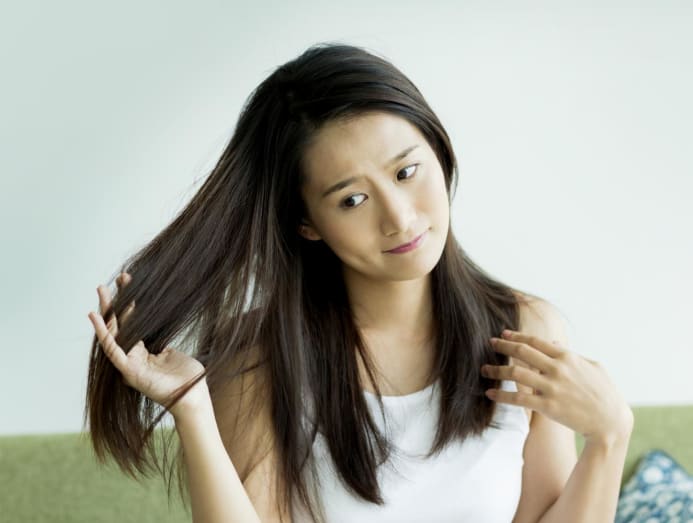
The short answer is yes, but not in all cases. It depends on multiple factors, including the type of hair loss in question, the severity of the condition, while our age, genes, scalp and health conditions are also key factors.
The short answer is yes, but not in all cases.
Ling said that taking measures such as keeping healthy lifestyle habits and proper maintenance regimens as early as possible can help prevent hair loss, to a certain extent. Doing so will help in most cases, apart from genetic hair loss or hair loss due to ageing, illness, pregnancy and menopause. Even if taking steps may not be able to stop hair loss in the latter instances, which are often out of our control, they may help delay it or even reduce the extent of loss.
WHAT YOU CAN DO

Avoid harsh shampoos. Squeaky-clean isn’t exactly good. A good shampoo should cleanse well, while not stripping hair and scalp of essential moisture. Using a moisture-preserving shampoo without harsh surfactants will maintain and promote hair health. “Keeping your scalp clean and nourished can also help inhibit hair loss,” confirmed Ling.
CNA Lifestyle picks:
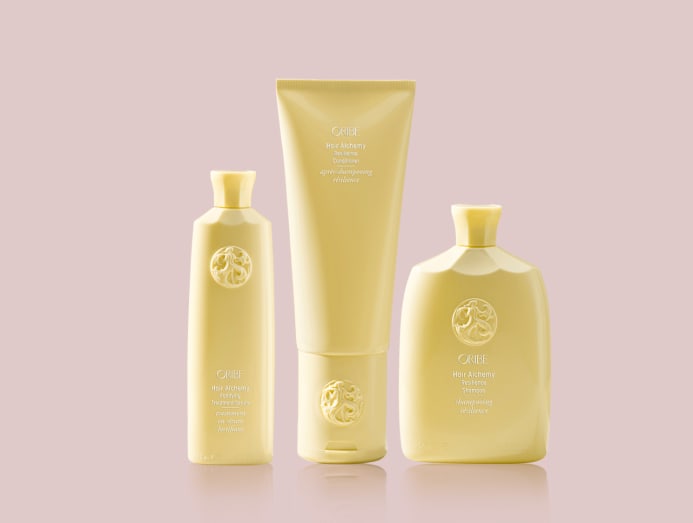
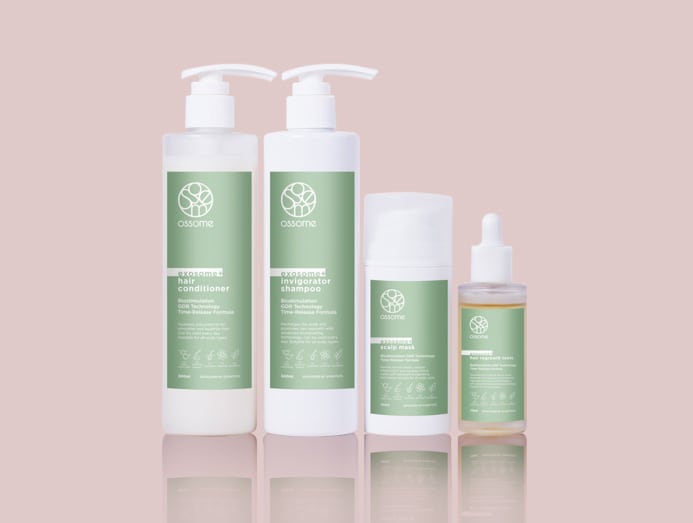
Use a scalp-care serum. It doesn’t hurt to try a scalp serum but do pick one carefully. A good serum should have a lightweight texture and not leave any residue on your scalp. Avoid heavy or oily formulas, as they may clog follicles and result in further hair loss.
CNA Lifestyle pick:
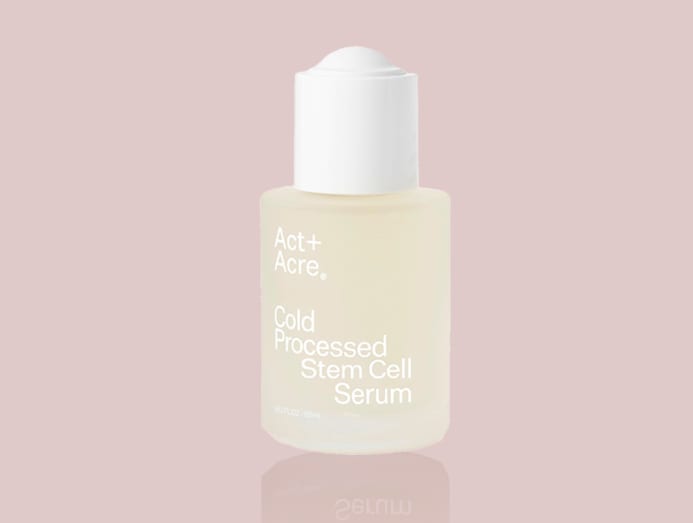
Try a nutritional supplement. What you eat has a direct impact on your health, and thus can affect the condition of your scalp and hair as well. According to Ling, biotin, zinc, iron and vitamins A, D, E and F are all important nutrients for healthy hair growth. It’s best if you can address these needs via a balanced diet, but if a little help is required, a hair-health supplement can target these specific requirements. Of course, always consult your doctor (if need be) before taking them, and opt for those from reliable, doctor-approved brands.
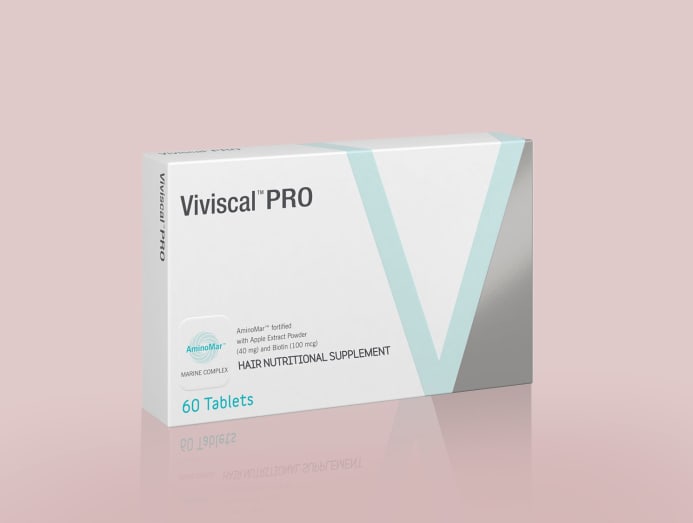
Maintain good lifestyle habits. It’s nearly impossible to avoid stress but one can always find a few good ways to alleviate it so as to benefit our overall wellbeing. Some things you can and should definitely keep away from, however, are excessive smoking and drinking – they accelerate ageing, on top of being bad for health. “Practising all these, together with getting adequate sleep, can help reduce levels of cortisol, a stress hormone,” said Ling.
Invest in scalp-care treatments. We won’t say that scalp treatments are absolutely essential in preventing hair loss down the road, but they will help do so, if you have the budget to have them on a regular basis. Ling said that appropriate treatments can help maintain hydration levels in the scalp and hair, and hence alleviate hair loss or even contribute to regular scalp maintenance, which is beneficial to hair health.
CNA Lifestyle pick:
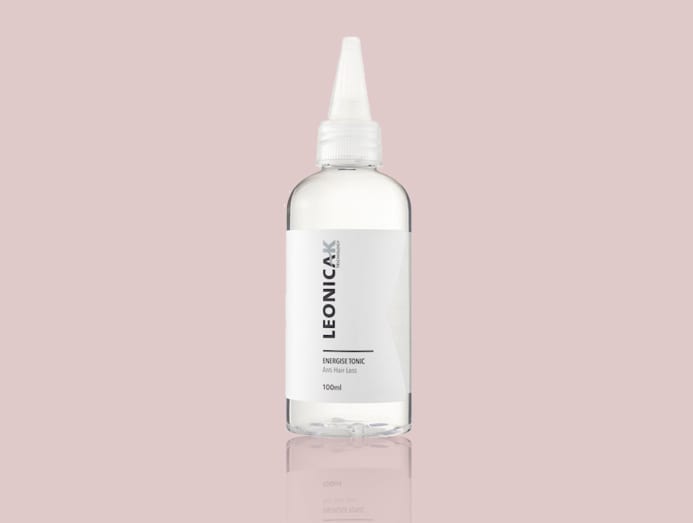
Avoid excessive chemical styling. “Avoid excessive chemical treatments, such as bleaching and straightening, as these can worsen dryness and further weaken hair structure and roots,” advised Ling. Keep in mind that tying up your hair too tightly can bring about hair loss too. This is known as traction alopecia, in which hair fall is caused by prolonged wearing of tight ponytails or updos.
A DIFFERENT TYPE OF HAIR LOSS – BREAKAGE
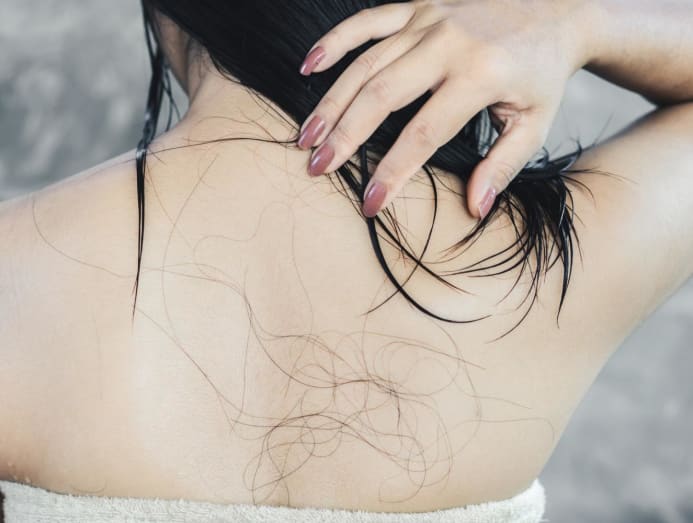
Thinning hair can also be brought about by hair breakage, besides hair loss that occurs at the roots. While generally considered less severe than the latter, hair breakage can be equally frustrating as it can result in a dramatic loss of hair volume.
If your hair breaks easily, it’s a sign that it is weak and not healthy, said the executive director of product development at haircare brand Oribe, Michele Burgess.
She explained how weak hair is prone to breakage: “Hair strands are made up of keratin, a key component to hair strength and resiliency. The outer layer of hair, called the cuticle, protects the hair shaft from loss of keratin. When hair is unhealthy, the cuticle scales are lifted, which causes keratin to leak out and the inner core to become brittle and dry. Weak hair is also more prone to split ends, which can migrate up the hair shaft, causing it to break.”
Hair breakage, like hair loss at the roots, is caused by a broad range of factors including (but not limited to) genetics, age, stress, hormonal changes, diet and environmental factors. But it is most commonly a result of excessive chemical processing, styling with hot tools and neglect in terms of one’s haircare regimen.
This also means the condition may often be easier to prevent than hair loss at the roots, unless your weakened hair is due to internal causes. In many cases, it can be improved by staying away from chemical treatments, hair-dyeing and heat styling, and using haircare products that strengthen and protect the hair.
“Prevention has always been a main category in skincare and is now starting to make its way into haircare as consumers become increasingly more savvy about the connection between haircare and skincare. Preventing hair breakage is important because unlike your skin, which can regenerate itself, hair breakage is irreversible,” said Burgess.










